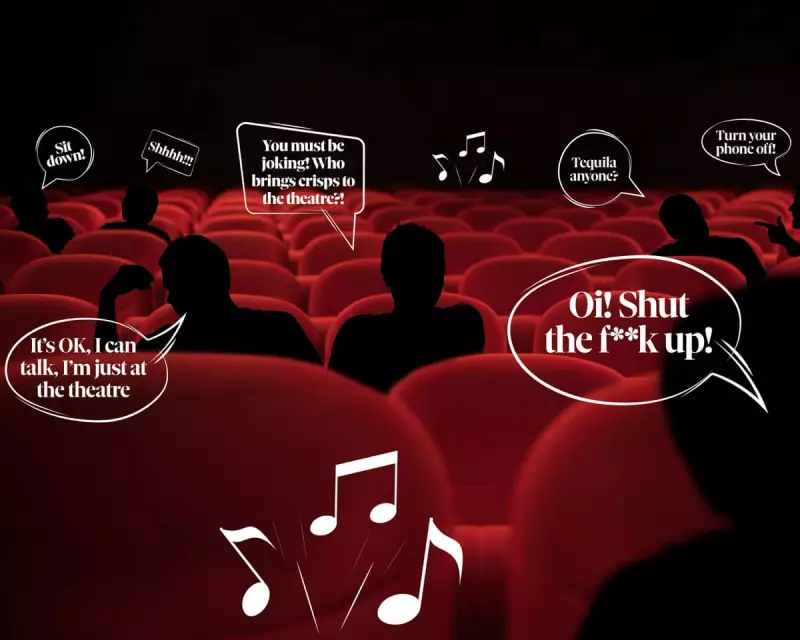
The sacred hush of the theatre auditorium is being shattered by a modern epidemic of poor audience behaviour, according to growing concerns from theatre professionals and regular patrons alike. Across London's West End and regional theatres, reports of disruptive conduct are reaching unprecedented levels.
The Digital Intrusion
Perhaps the most common complaint revolves around our digital companions. Mobile phones illuminate darkened auditoriums like fireflies, with screens glowing during pivotal dramatic moments. The problem extends beyond mere illumination to audible notifications, filming restrictions being ignored, and even full conversations taking place mid-performance.
One seasoned theatre-goer described their recent experience: "During a particularly tense scene, the person beside me decided to check their social media feed. The bright screen completely destroyed the atmosphere the actors had worked so hard to create."
Beyond the Glowing Screen
The issues extend far beyond digital distractions. Theatre staff report increasing incidents of:
- Loud conversations and commentary during performances
- Rustling sweet wrappers and food packaging
- Excessive alcohol consumption leading to disruptive behaviour
- Late arrivals causing significant disturbances
- Inappropriate footwear creating noise pollution
A Changing Social Contract
Many industry insiders suggest the pandemic created a rupture in theatre-going habits. After prolonged closures, some audiences appear to have forgotten the unwritten rules of theatre etiquette. Others argue that the informality of streaming services has blurred boundaries, with people treating live performances like their living rooms.
"There's a fundamental misunderstanding," notes a West End theatre manager. "People pay significant money for tickets, then behave in ways that diminish everyone's experience, including their own."
Finding Solutions
Theatres are responding with increasingly creative solutions. Some have introduced:
- Enhanced pre-show announcements with humour to reinforce etiquette
- Designated 'relaxed performances' for those who prefer more informal settings
- Digital detox campaigns encouraging phone-free experiences
- More visible staff presence to address issues discreetly
As one director summarised: "Theatre is a shared experience. When audience behaviour crosses from enthusiastic engagement to disruptive distraction, we all lose the magic that makes live performance so special."





